NEWS
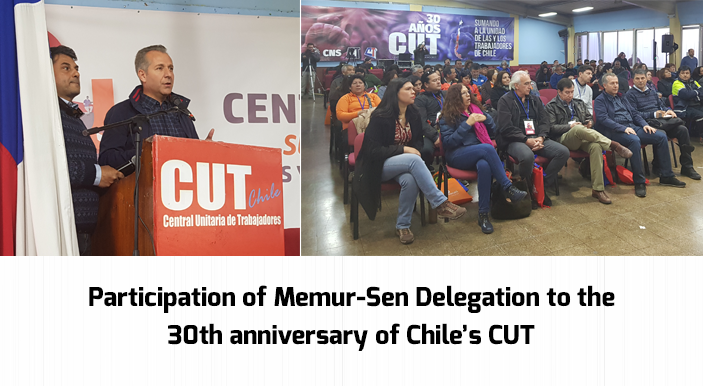
Participation of Memur-Sen Delegation to the 30th anniversary of Chile’s CUT
28.08.18, Tuesday
A delegation from the Memur-Sen Confederation led by its Vice-President Mehmet Emin Esen, accompanied by Mr. Nihat Aksen, International Relations Adviser, travelled to Chile to participate in the activities organized as part of the 30th anniversary of the refoundation of the CUT Chile.
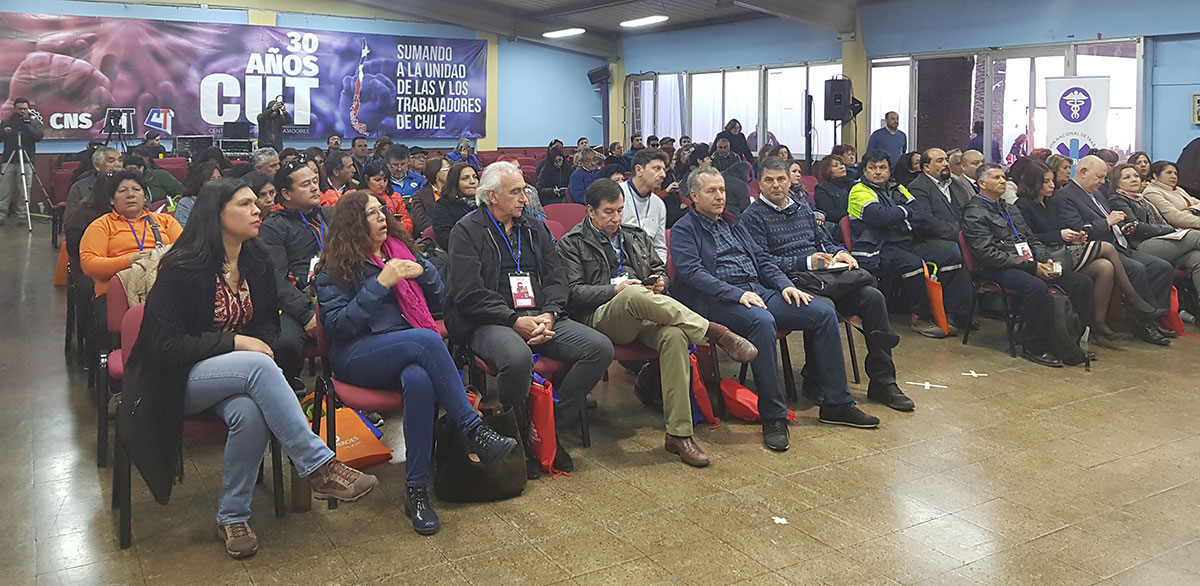 Memur-Sen Delegation led by its Vice-President Mehmet Emin Esen attended the 30th anniversary of the refoundation of the CUT Chile. On this occasion, the delegation Memur-Sen was invited to make a speech on the management of the migration crisis of refugees from the Syrian civil war. Labour movement representatives from Brazil, Argentina, Colombia, Iran, Spain, and Italy also participated in the program.
Memur-Sen Delegation led by its Vice-President Mehmet Emin Esen attended the 30th anniversary of the refoundation of the CUT Chile. On this occasion, the delegation Memur-Sen was invited to make a speech on the management of the migration crisis of refugees from the Syrian civil war. Labour movement representatives from Brazil, Argentina, Colombia, Iran, Spain, and Italy also participated in the program.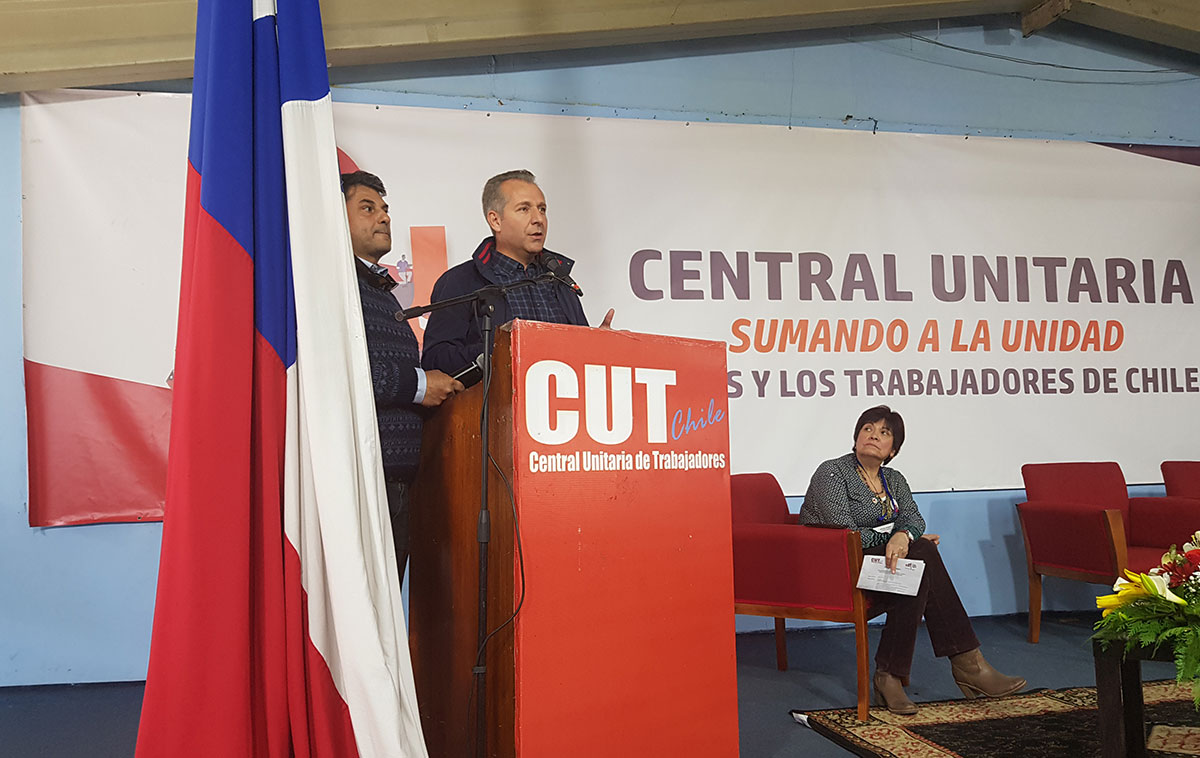
In his speech Esen highlighted the importance of Turkey’s geostrategic position as a transit point for the migrants aiming at going to European Union (EU) countries for some reasons such as conflicts in Middle East, particularly in neighbour countries, political and economic instabilities.
“Due to its geographical and strategic position, our country has been the final stop of migration movements in a broad sense, including mass asylum movements and hosted millions of migrants. “said Esen.
Following the program, Esen participated in live broadcasts of radio organs operating in Chile and answered questions about the labour agenda.
Then, Esen met with Barbara Figueroa, President of Chile Employees Union Confederation,and bilateral relations between Turkey-Chile also were discussed.
Here below you can find the some highlights from his speech at the program;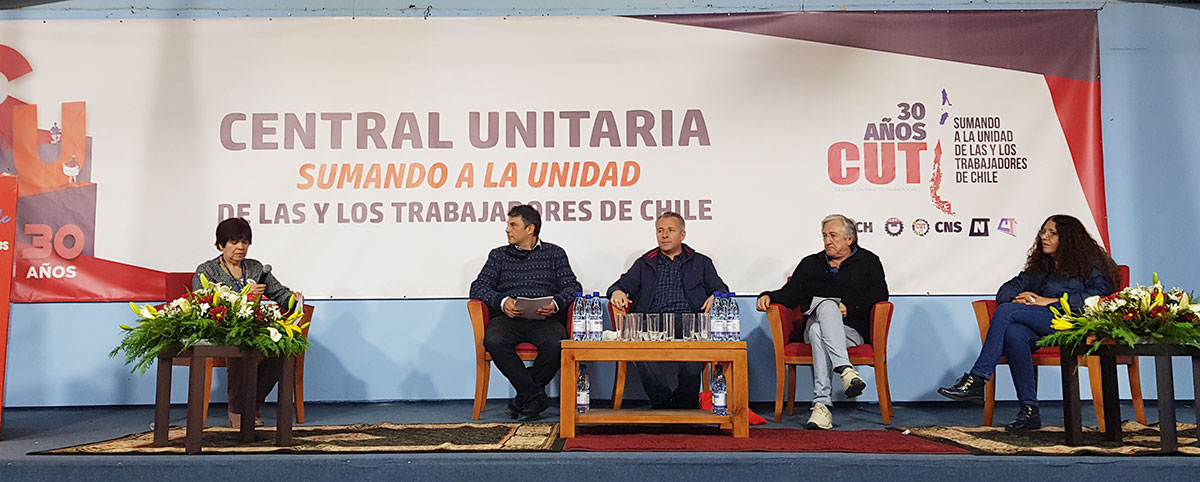 Since 2011, there has been an open door policy in between Syria and Turkey; as a result Turkey is hosting over 3.5 million Syrian refugees among which more than 1 million are children. Turkey is also the top child refugee hosting country in the world. From the 3.5 million Syrian refugees, there are around 3 million Syrian Arabs and approximately 400,000 (4 hundred thousands) Syrian Kurds. While more than 3 million Syrian refugees live in different provinces of Turkey, less than half a million Syrian refugees live in camps.
Since 2011, there has been an open door policy in between Syria and Turkey; as a result Turkey is hosting over 3.5 million Syrian refugees among which more than 1 million are children. Turkey is also the top child refugee hosting country in the world. From the 3.5 million Syrian refugees, there are around 3 million Syrian Arabs and approximately 400,000 (4 hundred thousands) Syrian Kurds. While more than 3 million Syrian refugees live in different provinces of Turkey, less than half a million Syrian refugees live in camps.
Refugees enjoy free healthcare and education; they can also apply for work permits so they can provide for themselves and their families.
Let’s look at some of the numbers; Syrians enjoy the same access to free healthcare in Turkey as Turkish citizens. Until now, nearly 1,5 million received impatient treatment in Turkish hospitals and 1,2 million have had medical operations, while 34 million health services have also been provided in total, there are 156 Turkish and 109 Syrian doctors in addition to 186 and 137 Syrian health professionals serving in the camps. Since the beginning of the war in Syria in 2011, more than 300.000 Syrian babies were born in Turkish hospitals. Around 620,000 Syrian refugee children continue their education in Turkish state schools and 222,000 refugees go to temporary education centres while 87,000 receive vocational training.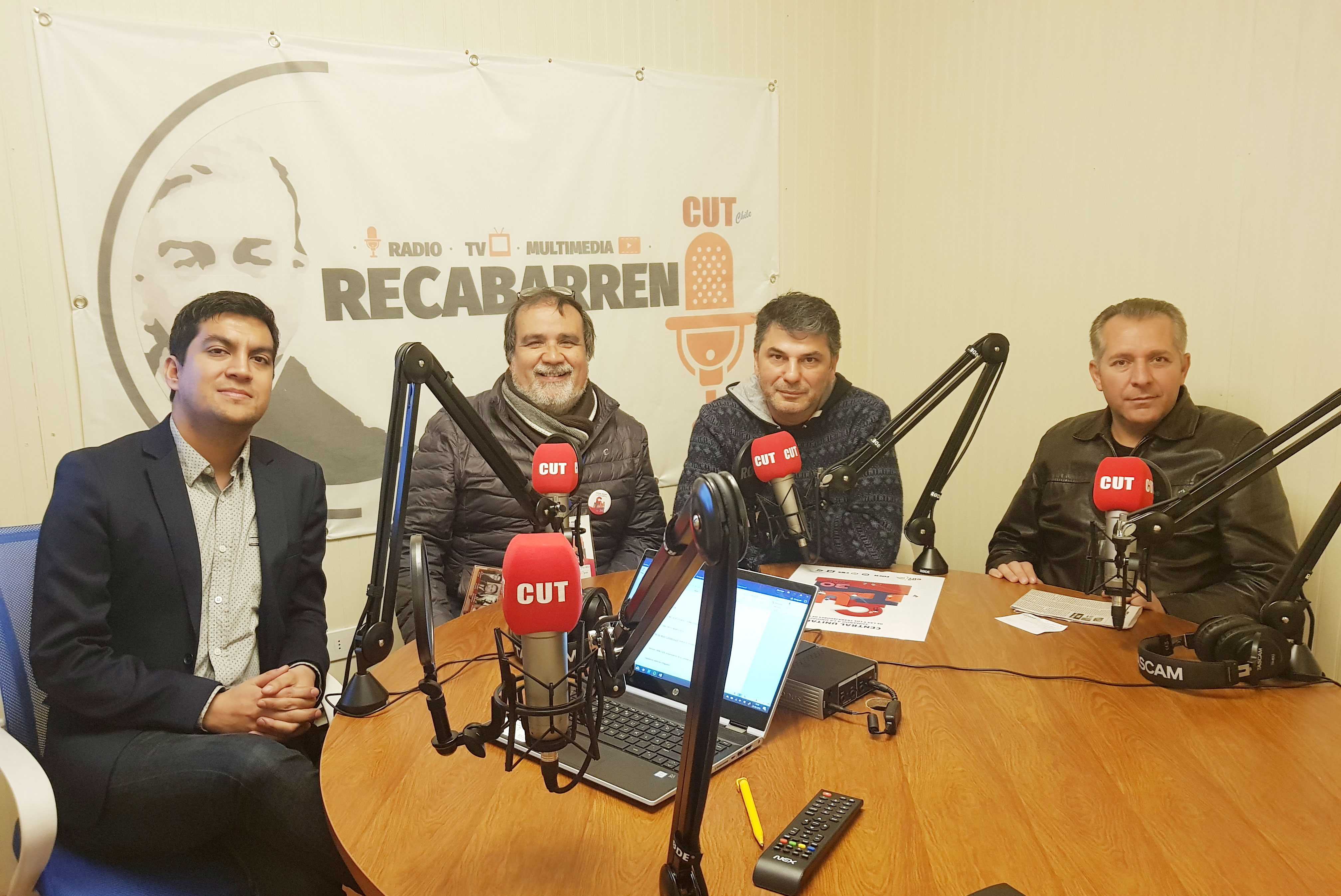
Turkey’s expenditure has reached 31 billion USD since the beginning of the war in Syria, on a local governance level, municipalities across Turkey have allocated around 6.5 billion$ to help those in need. Humanitarian agencies in Turkey are also very active, spending around 1.2 billion$ for humanitarian purposes, some of these include Turkey’s own disaster relief agencies such as the Red Crescent, Turkey’s Disaster Management Agency (AFAD) and Turkey’s Diyanet Foundation. The humanitarian aid into Syria has been transported around the country by 40, 000 trucks, another 18,300 carrying UN humanitarian aid have also been transported to Nusaibin, Oncu Pinar and Cilvegozu camps.
Since the 20th of January 2018, Turkey’s Disaster Management Agency (AFAD) has distributed 30 tonnes of humanitarian aid to Afrin. Ankara has also identified an area to house more than 170,000 internally displaced people from Syria’s Idlib. To understand the magnitude and importance of the peace building efforts by Turkey in Syria, a comparison between the areas liberated in operations Euphrates Shield and Operation of Olive Branch to cities like Raqqa and Mosoul speaks for itself. Turkey’s priority and objective has and will always be to preserve the freedom and human dignity of the Syrian people. Turkey’s humanitarian diplomacy has been reflected on the ground.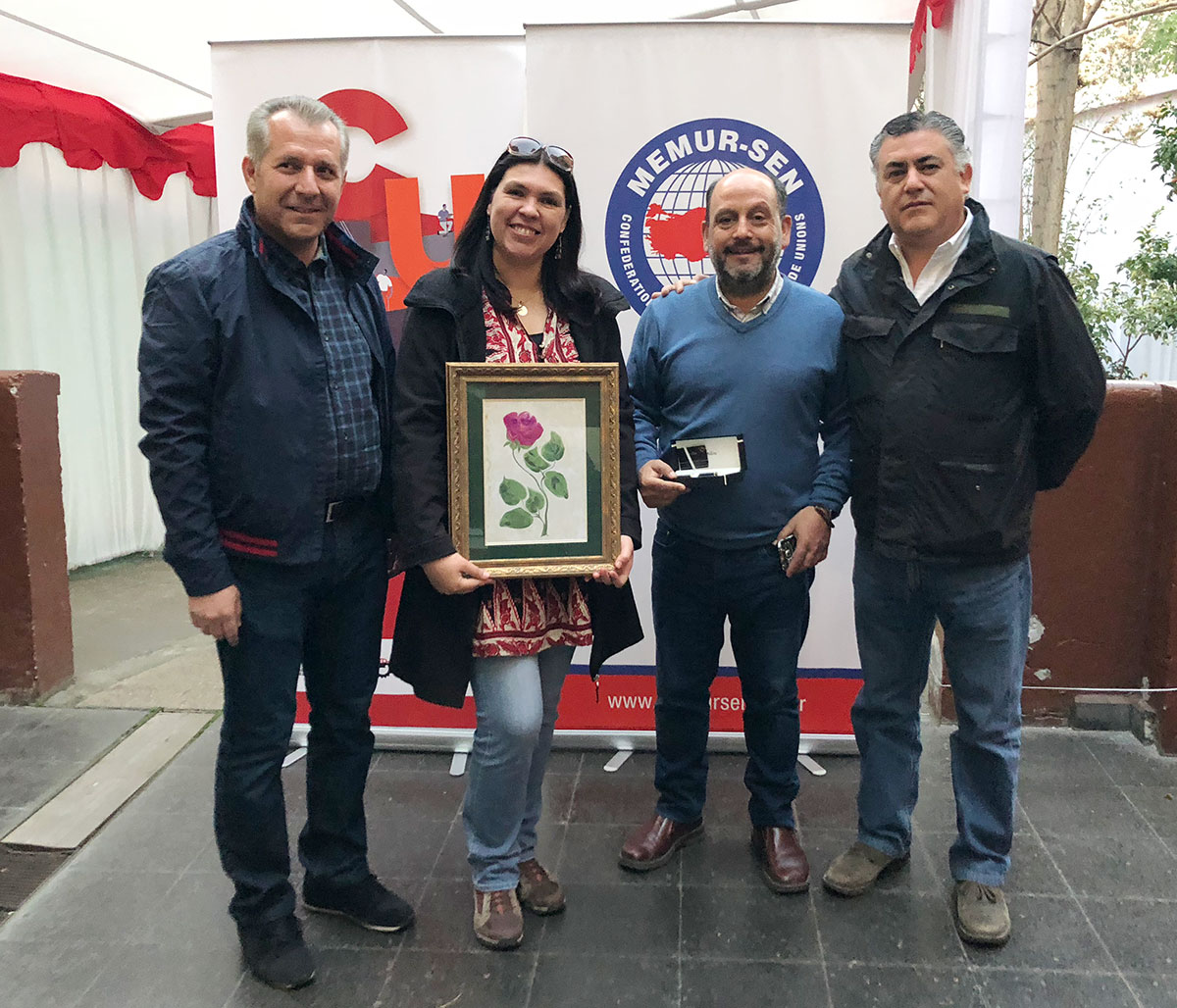 Since 2011, the aid provided by Turkey for refugees has reached an all-time high. The European Union offered to help share the financial load with the promised 6 billion euros, but so far this promise has fallen short. Despite this, Turkish naval patrols has helped stand the flow of migrants and refugees trying to cross the Aegean sea, cutting the number of crossings into Europe from 7,000 people a day to less than 1,000 in a month as part of the 2016 deal between Turkey and the EU. All in all, Turkey is the largest donor in humanitarian assistance. However, if we take GDP into account, Turkey’s help surpasses the USA by 25 times. So, isn’t it time for the nations with more to stand with Turkey and do more?
Since 2011, the aid provided by Turkey for refugees has reached an all-time high. The European Union offered to help share the financial load with the promised 6 billion euros, but so far this promise has fallen short. Despite this, Turkish naval patrols has helped stand the flow of migrants and refugees trying to cross the Aegean sea, cutting the number of crossings into Europe from 7,000 people a day to less than 1,000 in a month as part of the 2016 deal between Turkey and the EU. All in all, Turkey is the largest donor in humanitarian assistance. However, if we take GDP into account, Turkey’s help surpasses the USA by 25 times. So, isn’t it time for the nations with more to stand with Turkey and do more?




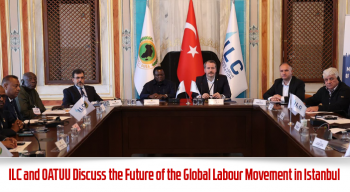
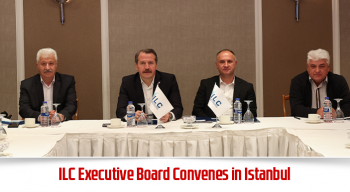
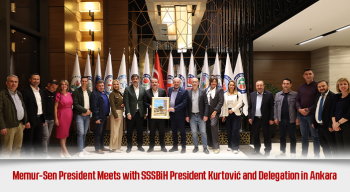
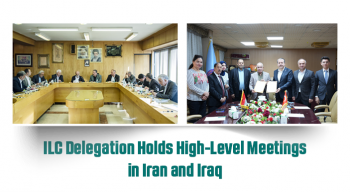
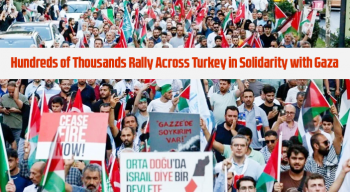

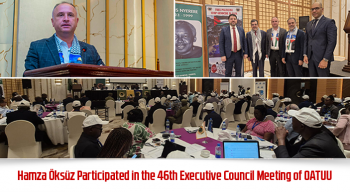
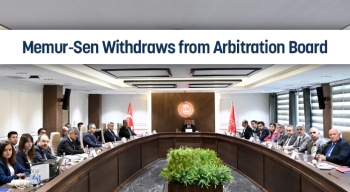


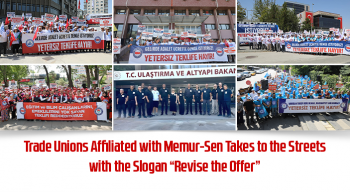


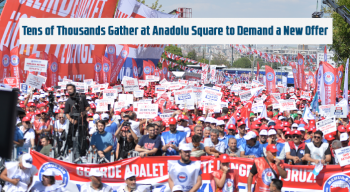
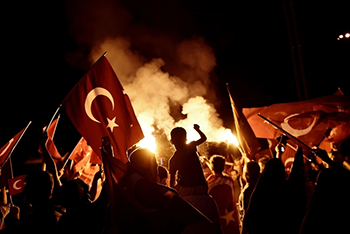
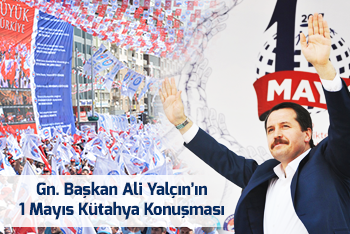
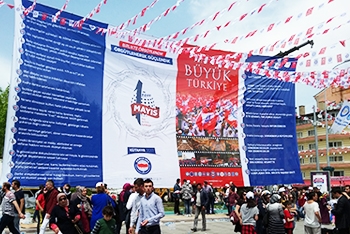
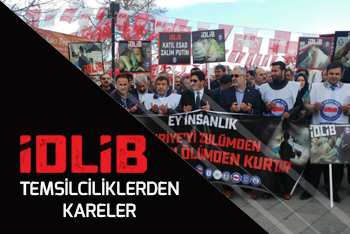
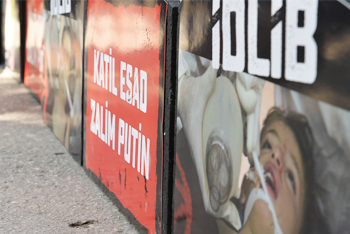
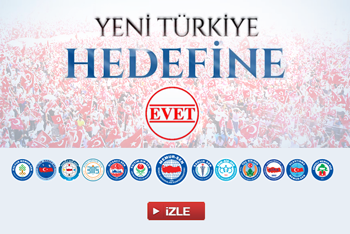
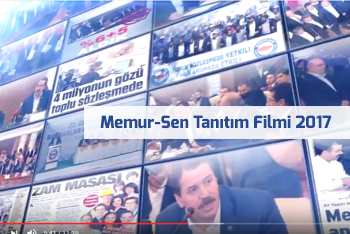
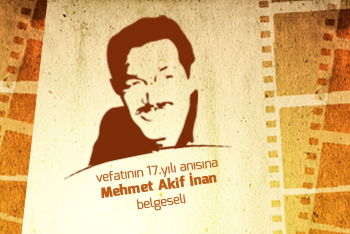










 CONFEDERATION OF PUBLIC SERVANTS TRADE UNIONS
CONFEDERATION OF PUBLIC SERVANTS TRADE UNIONS